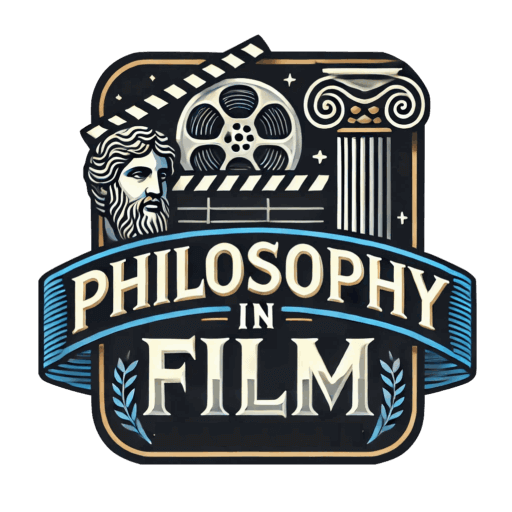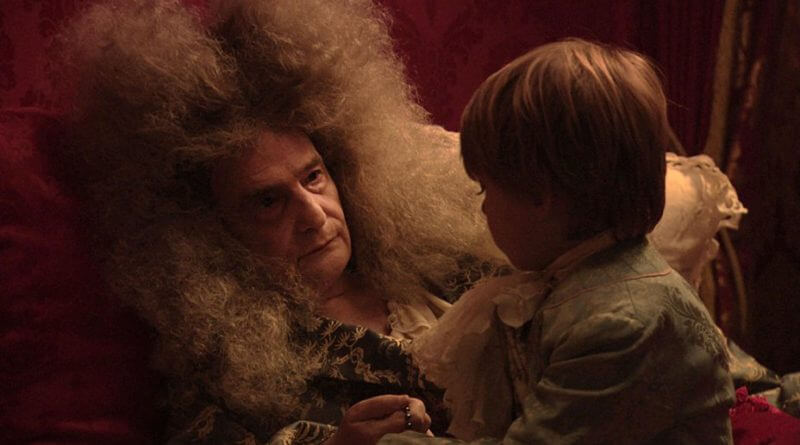Review: The Death of Louis XIV ( 2016) ★★★★
There is something to be said for filmmakers who take a leap of faith with regard to form and editing. Too many films are churned out with the intent of providing constant, incessant visceral stimulation for the audience, so as not to be perceived as “boring.” This can be achieved in a variety of ways, but most commonly through upbeat soundtracks, quick cuts, and succinct, story-driven dialogue. Obviously, these tactics are not without merit, and certainly have a place in cinema. The Bourne Trilogy owes its popularity and quality in part to this frenetic style, intent on keeping viewers perpetually glued to the edge of their seats. However, this kind of breakneck pace has become a tired staple of major Hollywood films, and thus, to one degree or another, a quality antithetical to art cinema. Thankfully, Albert Serra’s French historical drama, The Death of Louis XIV (La mort de Louis XIV), never subscribes to this methodology.
In fact, it ventures so far in the opposite direction that it begins to damage itself from a sheer lack of pace. But to say that The Death of Louis XIV is “slow” is insufficient, as the film is paced so calmly as to be surreal. This creates a bizarre juxtaposition for viewers, since the film embraces realism by eschewing more common editing practices, but also strives so hard for minimalism that the film, despite its historical narrative, feels detached from reality. This is what makes The Death of Louis XIV so remarkable. It is part dark-realism, part art cinema-fantasy.
The film begins with King Louis (Jean-Pierre Leaud) as he returns from a hunting trip, during which he suffers a leg injury that leaves him bedridden. Louis is waited on by his many servants, and must suffer through the daily realization that his health is deteriorating rapidly, and his reign is finally coming to an end. Albert Serra’s script is simple, without the twists and romantic drama that generally define films about European royalty. Instead, the film shows the last days of a King and his royal court. Usually royalty is associated with opulence and grandiose lifestyles, but in his final days, we see King Louis XIV as a frail man who must experience the pain and misery of a slow death. He is still treated as a king, and is never left without any and all comforts available to him, but he is nonetheless a sympathetic figure. The pace of his death is so slow, and our perspective on his suffering so intimate that it is nearly impossible to not feel for his circumstances.

With each new scene (generally consisting of very long, unbroken shots), there comes with it the temptation to read the film as oddly sardonic, taking a grim and cynical perspective on the death of an over-privileged man whose status allowed him a life that others could only dream of; but this temptation is merely a byproduct of the film’s pace, which again, is so painfully slow at times that it draws attention away from the story. This is not a criticism of Albert Serra’s direction; in fact the slow, agonizing trudge through every minuscule injustice brought on by death only serves to strengthen the powerful tone of the narrative. The Death of Louis XIV is essentially a lamentation on the cruelty and indignity of death. Despite the difficulties that some will have with the pacing, the film triumphs due to the simple fact that no one can escape death, not even a King, so to watch such an unfortunate death unfold over two hours leaves a lasting impression, to say the least.
Though many will take issue with the slow pacing, The Death of Louis XIV is ultimately a very poignant rumination on death, and a fascinating and surreal experience for moviegoers.
The Death of Louis XIV (2016) Movie Rating: ★★★★ out of 5
The Death of Louis XIV is available for purchase via Amazon here.

